The views expressed in our content reflect individual perspectives and do not represent the authoritative views of the Baha'i Faith.
Lament not in your hours of trial, neither rejoice therein; seek ye the Middle Way which is the remembrance of Me in your afflictions… – Baha’u’llah, The Most Holy Book, p. 35.
If tribulation touch thee for My sake, call thou to mind My ills and troubles, and remember My banishment and imprisonment. – Baha’u’llah, Gleanings from the Writings of Baha’u’llah, p. 313.
There is a great power in remembrance. Through remembrance we are brought to a spiritual life. The conscious effort to maintain such a meditative focus can awaken us to the beginning of our spiritual transformation.
In the passage above, Baha’u’llah asks us to remember him not just for the sake of remembering, but because that remembrance will truly be the healer of our ills. We can even go beyond remembering him as a prophet of God, when, through remembering all the trials and hardships his days consisted of, we also recognize during our times of difficulties the very same motifs and archetypes in our own lives.
This remembrance brings greater meaning to our own lives, and gives a deeper purpose to everything that befalls us, as well. In fact, all the prophets’ real-life experiences reflect ours. As they overcame the severest suffering, so can we; as their tests ultimately contributed to their life purpose, so do ours.
There is a Jewish legend, shared by other traditions too, called “The Angel and the Unborn Soul.” It addresses remembrance metaphorically, saying we learn in the womb where we came from and what our destiny can be. But the legend says when we are born, our physical needs and wants take over and we forget what we knew as an unborn soul. We spend the rest of our lives trying to remember what we had forgotten.
This story addresses why all the prophets emphasize remembrance itself. We will find the sacredness of all life and the love that we will most cherish in remembrance. But this is not an easy process. Living in the material world is like having dust gather upon the mirror of the heart. As Abdu’l-Baha explains, this dust is:
Attachment to the world, avarice, envy, love of luxury and comfort, haughtiness and self-desire… which prevents reflection of the rays of the Sun of Reality in the mirror. – The Promulgation of Universal Peace, p. 244.
A regular practice of remembrance removes the dust and allows the light within us to shine. As we mature spiritually, our remembrance grows deeper and deeper and moves us along the continuum away from material attachments and toward a state of constant remembrance of the Divine. Remembrance may be the most powerful tool we have for achieving true self-knowledge, as this knowledge is within us, fully accessible, and essential to who we are, always have been, and always will be.
When we get right down to it, at the heart of most spiritual practice, what is left when we move beyond form, language, and prescriptions, is simply remembering. Remember who you are. Remember what you love. Remember what is sacred. Remember what is true. Remember that you will die, and that this day is a gift. Remember how you wish to live, and that you will return to where you came from.
One of the greatest gifts we can give ourselves is finding the practice, simple or otherwise, that will help us remember who we are, what we do know, and what we do not yet remember that we know:
…only in the remembrance of God can the heart find rest. – Abdu’l-Baha, Selections from the Writings of Abdu’l-Baha, p. 95.
 Remembrance can take the form of meditation, prayer, writing, singing, walking, or even going deep into the mundane routines of life. Simple acts of remembrance greatly enrich our spiritual life and move us toward transformation. We also discover from the practice of remembrance that work in the world is the real goal. Our remembrance of where we came from and where we are going can fundamentally change us, transforming all our relationships into relationships of authenticity, respect, and compassion.
Remembrance can take the form of meditation, prayer, writing, singing, walking, or even going deep into the mundane routines of life. Simple acts of remembrance greatly enrich our spiritual life and move us toward transformation. We also discover from the practice of remembrance that work in the world is the real goal. Our remembrance of where we came from and where we are going can fundamentally change us, transforming all our relationships into relationships of authenticity, respect, and compassion.
As a regular practice, remembrance helps us remain conscious of who we are as sacred beings. Keeping your focus on the sacred, be thankful for the ability to remember who you are, where you came from, where you are going, and most of all for remembering God’s love that brought you into being. Be grateful for the gift of your soul, your link to the Imperishable.
Would you like to try a regular practice of meditative remembrance?
You can start by taking a few moments, maybe even twenty minutes each day, to remember all the gifts you’ve ever received, all those things that are most important to you; to let go of all the unimportant things, so that you remain in touch with your essence. Remember to honor both your joys and your sorrows in your life, because both are what provide your life with its greatest meaning. Keep up this practice of remembrance regularly. Each day, ask yourself these questions:
Am I me?
Am I in my everyday life who I am at the core of my being?
Am I in the process every day of fulfilling my own potential?
If you ever find yourself answering no to any of them, then ask yourself:
What else do I need to do to be fully me?
With this regular practice, you won’t have to worry about answering these questions at the end of your life.


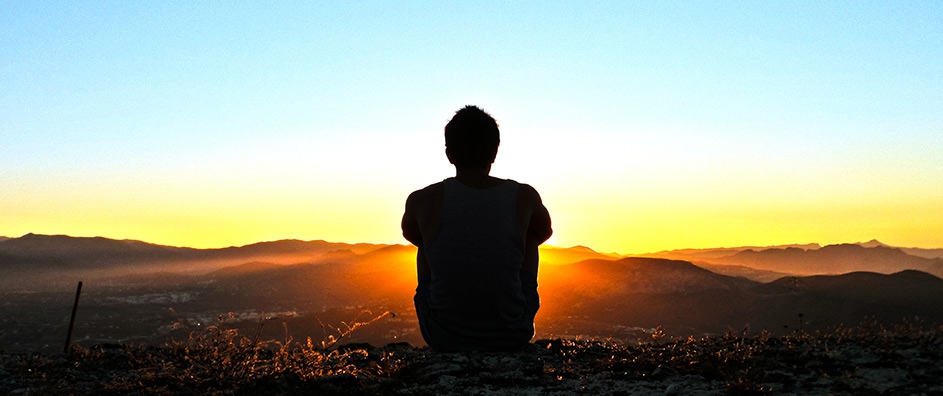




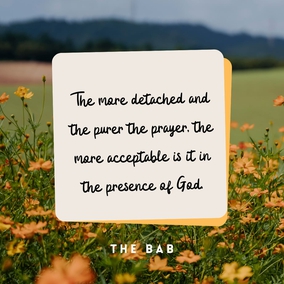
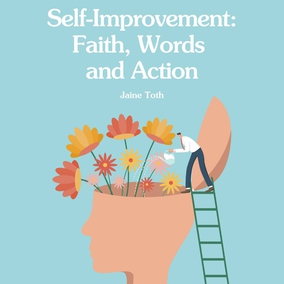

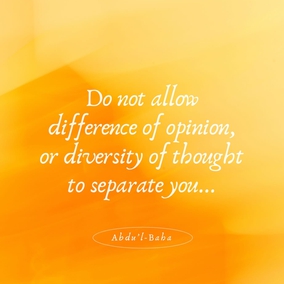

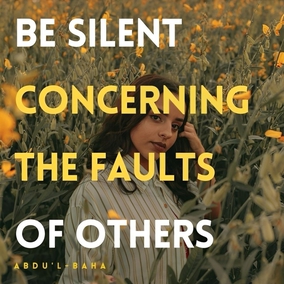



Comments
Sign in or create an account
Continue with Googleor